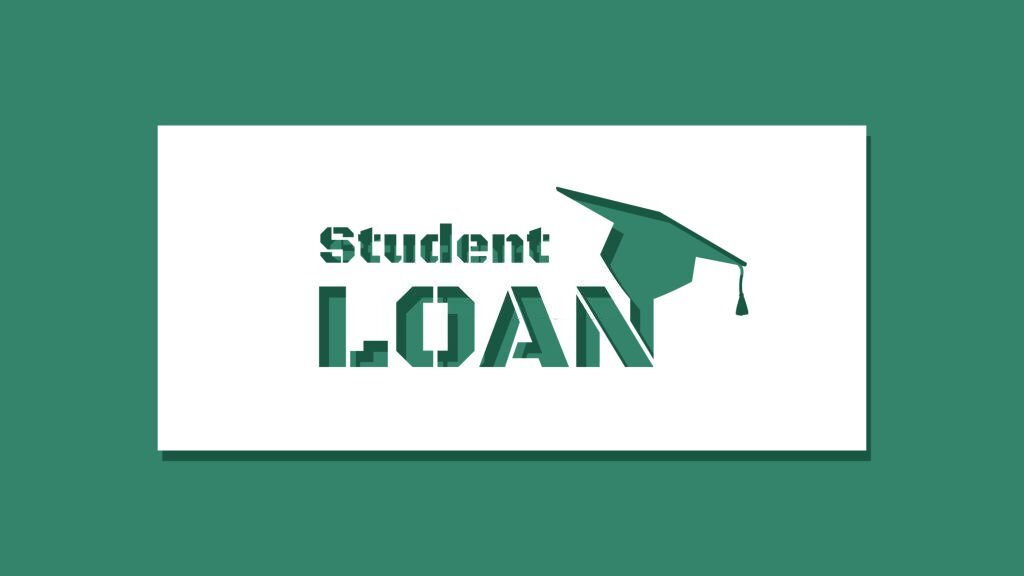The duration required to pay off student loans is a significant concern for many borrowers as they navigate the repayment process. Understanding the various factors that determine the length of the repayment of student loans can provide a more comprehensive perspective on how student loan repayment works. By delving into these factors in greater detail, we can gain a deeper understanding of how they influence the duration of student loan repayment.
1. Loan Amount
The total amount borrowed plays a crucial role in determining the time it takes to repay student loans. Generally, the higher the loan amount, the longer the repayment duration. It’s important to borrow wisely and only take out the necessary amount to cover educational expenses. Exploring alternative funding options such as scholarships, grants, and work-study programs can help reduce the loan amount and, subsequently, the time required for repayment. Additionally, considering the potential impact of interest on the loan amount is essential. By being mindful of the loan principal and minimizing unnecessary borrowing, borrowers can help shorten the duration of repayment.
2. Interest Rate:
The interest rate attached to student loans directly impacts the overall cost of borrowing and, consequently, the repayment period. A higher interest rate means more interest accrues over time, potentially extending the duration of repayment. Conversely, lower interest rates can help borrowers pay off their loans more quickly. When selecting a loan, it’s crucial to compare interest rates and explore opportunities to refinance or consolidate loans to potentially secure a lower rate, which can ultimately shorten the repayment duration. By actively seeking favorable interest rates, borrowers can reduce the overall interest paid and the time it takes to repay their student loans.
3. Repayment Plan:
The chosen repayment plan significantly influences the duration of student loan repayment. Different repayment plans offer varying terms and payment structures, which can impact the overall repayment period. Standard repayment plans typically have a fixed repayment term of 10 years, ensuring that the loans are fully repaid within that timeframe. However, if the standard monthly payments are unaffordable, borrowers may opt for extended repayment plans, which can extend the repayment term up to 25 years. Income-driven repayment plans, on the other hand, calculate monthly payments based on the borrower’s income and family size, resulting in a longer repayment term. Graduated repayment plans start with lower payments that gradually increase over time, potentially extending the overall repayment duration. By carefully considering the available repayment plans and selecting one that aligns with their financial situation and goals, borrowers can better manage their repayment period.
4. Payment Amount:
The amount borrowers pay each month towards their student loans has a direct impact on the duration of repayment. Making only the minimum required payment will likely prolong the repayment period, as a significant portion of the payment goes towards interest rather than reducing the principal balance. Increasing the monthly payment amount can help pay down the loan faster and reduce the overall interest paid over time. By allocating more funds towards loan repayment, borrowers can make significant progress towards paying off their loans sooner. Creating a budget and evaluating expenses can help identify areas where spending can be reduced or eliminated, freeing up additional funds for loan repayment. Additionally, any windfalls, such as tax refunds or work bonuses, can be applied directly towards the principal balance, further shortening the duration of repayment.
5. Individual Financial Circumstances:
Each borrower’s financial circumstances, including income, expenses, and other financial obligations, can significantly influence the ability to make larger payments towards student loans. Higher incomes or improved financial situations may allow borrowers to allocate more funds towards loan repayment, thereby shortening the duration required to pay off the debt. Conversely, financial challenges or changes in income may result in smaller payments and a longer repayment period. It’s important for borrowers to assess their individual financial situation and adjust their repayment strategy accordingly. Seeking additional sources of income, such as part-time jobs or freelance work, can help generate extra funds that can be used to expedite the repayment process.
6. Additional Payments:
Making extra payments towards student loans can have a substantial impact on the repayment duration. Any additional funds, such as tax refunds, work bonuses, or savings, applied directly to the principal balance can help pay off the loan faster. Even modest additional payments made regularly can make a significant difference over time. By consistently making extra payments, borrowers can reduce the principal balance more quickly, which in turn shortens the repayment period and reduces the overall interest paid. Implementing strategies to maximize additional payments, such as setting up automatic transfers or dedicating a portion of windfalls towards loan repayment, can help borrowers make consistent progress towards becoming debt-free.
7. Refinancing or Consolidation:
Refinancing or consolidating student loans can also affect the duration of repayment. Refinancing involves obtaining a new loan with potentially better terms, such as a lower interest rate or a different repayment term. By refinancing, borrowers can save on interest and potentially shorten the repayment period, especially if they choose to make higher monthly payments. Consolidating multiple loans into a single loan can streamline the repayment process, as borrowers only have to manage one loan instead of multiple. However, it’s important to note that loan consolidation does not necessarily reduce the duration of repayment unless the borrower chooses a shorter repayment term. Careful consideration should be given to the terms and conditions of the refinanced or consolidated loan to ensure it aligns with the borrower’s repayment goals.
8. Financial Discipline and Planning:
Financial discipline and effective planning play a crucial role in expediting the repayment process. By carefully managing expenses, creating a budget, and prioritizing loan repayment, borrowers can allocate more funds towards paying off their student loans. Implementing strategies such as reducing discretionary spending, avoiding unnecessary debt, and seeking opportunities for additional income can help accelerate the repayment process and reduce the overall duration. Setting specific goals and tracking progress can provide motivation and ensure that efforts are consistently directed towards paying off the loans.
It’s important to note that the duration required to pay off student loans can vary significantly from borrower to borrower. While some individuals may be able to repay their loans within a few years, others may require several decades to fully repay their debt. Factors such as loan amount, interest rate, repayment plan, payment amount, individual financial circumstances, additional payments, and refinancing or consolidation all contribute to the overall repayment duration. To determine the specific duration for your situation, it’s advisable to use online loan calculators, consult with loan servicers or financial advisors, and develop a personalized repayment plan based on your unique financial circumstances and goals. By staying proactive, disciplined, and focused on the goal of becoming debt-free, borrowers can successfully pay off their student loans in a timeframe that suits their needs.










